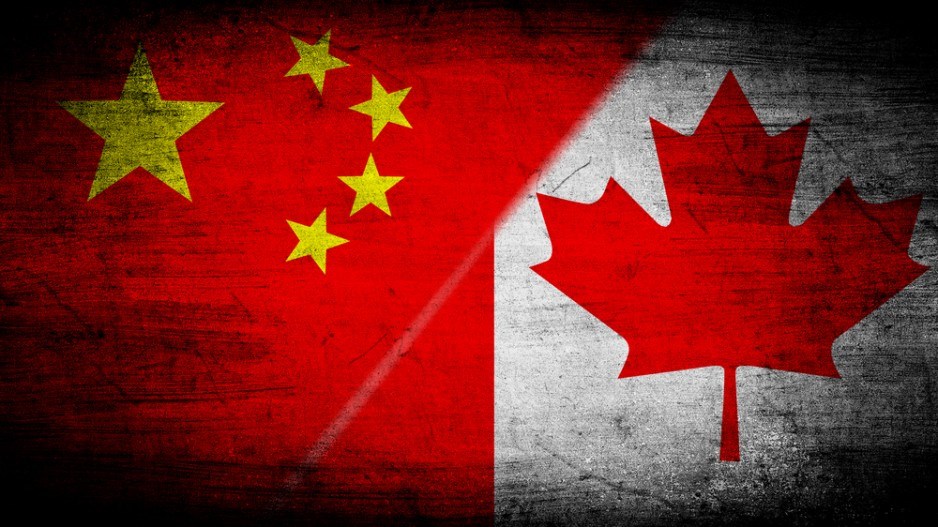A broader free trade agreement with Canada could set the stage for a new round of similar negotiations between China and other advanced economies, a senior Canadian economist says.
Unlike a traditional pact that includes only goods and tariff items, a broader agreement including services, tariffs and non-tariff barriers could meet the needs of both nations as they seek to diversify their markets, said Kevin Lynch, vice-president of BMO Financial Group, which runs one of Canada’s biggest banks.
“Speaking from the business community in Canada, we see the potential in China is not just a narrow agreement on the goods side, but one that includes services as well,” Lynch told the South China Morning Post in an interview in Guangzhou.
“I think the Canadian government and the Canadian business community would like to see a broader and more comprehensive agreement including goods and services.”
Lynch was previously Canada’s Privy Council clerk and cabinet secretary.
Trade officials from China and Canada have held exploratory talks in recent months as Beijing and Ottawa look at the possibility of further negotiations on free trade, making the North American country the first Group of Seven economy that China is seeking an FTA with.
Negotiations are still at an early stage, but if successful, Canada would become the third advanced economy in the West to secure a free trade deal with China. New Zealand was the first, signing an FTA with China in 2007 after nearly three years of negotiations.
A deal with Australia followed in 2015 after nearly a decade of talks.
But an agreement between Canada and China could potentially be broader as the two countries are a better match economically, and they’re pursuing broader trade and exchanges than Australia and New Zealand were, said Lynch.
“[The FTA] would not be the first one, but it’ll probably be another stage in the evolution of agreement between China and advanced Western economies,” he said.
Canada has been seeking to diversify its trade under the liberal Justin Trudeau administration – it has signed the Comprehensive Economic and Trade Agreement with the European Union, which will come into effect on July 1. Asian deals, including with China and India, are also on the agenda, although the United States remains its largest trading partner – more than 75 per cent of Canada’s trade is done with its immediate neighbours.
But tensions between Canada and the United States over trade could accelerate efforts for a deal with China, especially given that US President Donald Trump has vowed to revamp the North American Free Trade Agreement – a 23-year-old deal involving Canada, the United States and Mexico that Trump called a “disaster” during the election campaign.
Although Trump’s complaints mostly concerned Mexico, there are signs that the US administration will also try to overhaul trade with Canada, and Asian nations such as China and India are growing more appealing as trade partners for Canada as it tries to diversify its trade.
Despite pledges to expand trade cooperation, Canadians appear to be split on the issue of free trade with China. More than half of Canadians, or 55 per cent, support an FTA with China, its second-largest trade partner after the US, according to a national poll in March. Some 64 per cent expressed concern that such a deal would make Canada more vulnerable to economic and political pressure from China.
Read the original story on the South China Morning Post




